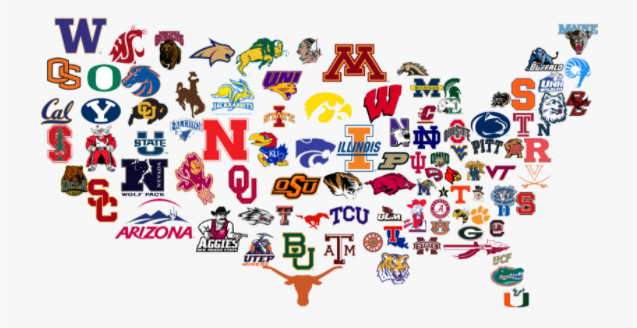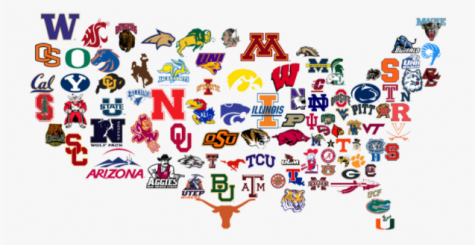Finding the Perfect Fit: College Edition
There is a college for every single student out there whether they know it or not. Big or small, near or far, one campus is going to be the right fit. There are many parts to consider when picking the right college just for you. The first step to choosing a college is researching the college(s) you are considering. There are multiple categories that families should look for, which include:
- Academics and majors: It is important for the student to know that it is okay to go in ‘undecided’ if they don’t know what path they want to take in life. Many colleges want you to spend the first two years exploring your academic options. It is best though to declare your major at least by the end of your sophomore/beginning of junior year, if you want to graduate on time. Each student should go in and focus on subjects that they are passionate about. A piece of advice is to ask for opportunities for research, internships, and mentoring. It is strongly recommended to check out the campus facilities – if there are labs, art studios, and other academic resources that are up-to-date and well-equipped for student’s convenience.
- Cost/financial aid/affordability: Everyone knows that college is very expensive. Be realistic about your family’s finances and avoid taking on unreasonable debts in the name of your education—but it’s also important not to cross a school off your list because of the cost of the school. The admissions team is very good about helping families through financial aid packages as they give out a combination of grants and scholarships. Financial support across a wide range of opportunities – academic scholarships (raising your grades and SAT or ACT scores will help students become eligible for merit-based scholarships), special ability awards (music talents, athletics, leadership), diversity grants, or on-campus employment (work-study). Also, money is granted with FAFSA or CSS.
- Location: There are many areas where the student can end up. They can either end up in a rural, suburban, or urban area. Also when deciding where you are going to end up, it is always good to ask yourself how far away do you want to be from home. Car ride? Plane ride? Train ride? It is up to you where you feel most comfortable.
- Campus community/social life: Every student wants to be comfortable on campus and have a good time. A student could attend an institution affiliated with a religion or with a strong commitment to athletics, Greek life, or the art. The list goes on to what campus has to offer to their students and professors.
- Athletics/extra curricular activities: There are many academic clubs, cultural groups, intramural sports, varsity sports – students who committed to play a sport for the school, that are involved within the campus community. Students can easily focus on clubs within their majors and try new activities.
- Size: Big college, small college or something in between: what’s the right type of college for you? Bigger schools offer a wide variety of classes and majors, but they can also be a bit intimidating and professors may be less accessible. Class sizes are much bigger as the student would only be considered as a “number” in the class. A smaller school generally means a lower student-faculty ratio – teachers will get to know you better, but course offerings and activities may be more limited.
- Career/support services: Support is the key to success. There are many support services on campus that students should take advantage of: peer tutoring, accessible professors, mentorship, career services, etc. The goal in mind for your future career is to ensure that your college has a path to that future and recognize your right to change your mind. Career development is they’re to help students with internships and jobs.
- Private/public school: Cost (huge factor) – public state schools usually charge less for tuition than private schools, especially for in-state residents. Private schools often offer more financial aid to the student which might offset the difference in cost and the decision you make for what institution you would go.
All these categories are important when deciding to commit to a college that the individual will be at for four years. Hope Lowry, a Pennridge graduate and current student at DeSales University, said, “The factors I considered when narrowing down my choices were, how do I feel when I am on campus, are the professors friendly, are the students friendly, what kind of activities do they host, what kind of clubs do they have, does it seem like students truly enjoy it there”. It is important for the student to have a list of their ideas of what they would want their college experience to be. Taking advice from Mrs. Moffett, a guidance counselor at Pennridge High School, said, “Try not to think that there is one perfect college for you. It is important to follow your gut. Wherever you choose to go, make sure to make the most of your college experience”. Overall, make sure you feel comfortable with the choice you made as well as know that in a couple of years, you are going to be proud of the decision you made.

